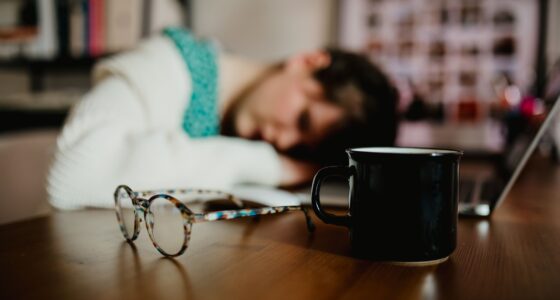
About Us
Since 1975 we have believed in personalized whole-person care.
Whole Health JC offers Conventional & Integrative Gynecology with the following medical services IV Nutrient Therapy, NAD IV Drip, Momentum Mind IV Ketamine Drip & Momentum Body IV Ketamine Drip Therapy, hormone optimization for both men & women, and aesthetic medicine using PRP. We look beyond aesthetics & use PRP to bring natural younger results.
Dr. Jennifer Su is a Board Certified Gynecologist in Jefferson City, MO who loves taking care of patients and believes in the innate ability for the "body to heal itself". She graduated from the Andrew Weil Center for Integrative Medicine. Board-Certified in Obstetrics & Gynecology.

What We Do
Below are an array of services that we can help elevate and empower your health and well being beyond being the best Gynecologist in Jefferson City MO.
Gynecologist in Jefferson City MO
At Whole Health JC, we recognize that each woman has unique health needs. Dr. Jen is here to help you— with advanced training and specialization in women's healthcare — to address your individual needs and concerns. From well-woman care to menopause and everything in between, Whole Health is here to provide the expert care you need and deserve.
Need Walk-In Drug Testing? Learn about our sister company, Mid America Labs.
Sexual Health Clinic in Jefferson City MO
Dr. Jen Su MD offers comprehensive, board certified gynecologic care, including annual preventative exams, reproductive/contraceptive management, and treatment for menopause, man-opause (male menopause, low Testosterone in men), erectile dysfunction, low libido, difficulties with orgasm(both men & women), or other gynecologic conditions.
Whole Health JC believes that maintaining your gynecologic health is an integral part of your overall health. We offer a full range of services to help keep you healthy.
Why Work With Us
...the warmth & positive vibes felt in our office: courtesy of our wonderful patients & staff since 1976
Subscribe to Our Blog
Receive the latest news and updates about Wellness and Integrative Medicine.
Blog
Every day is a miracle. Every life is a miracle. Looking at life with this perspective let's us see tiny twinkly lights everywhere.






